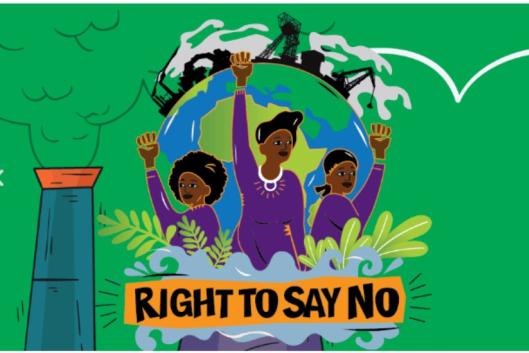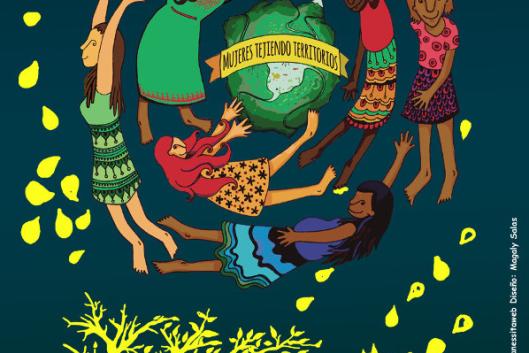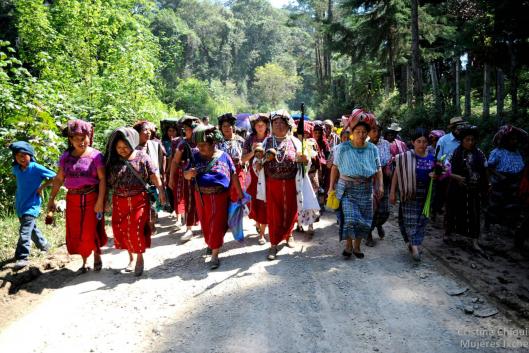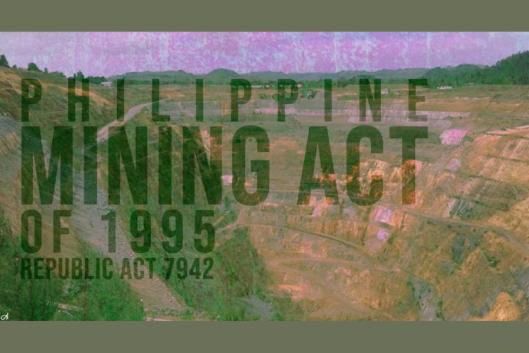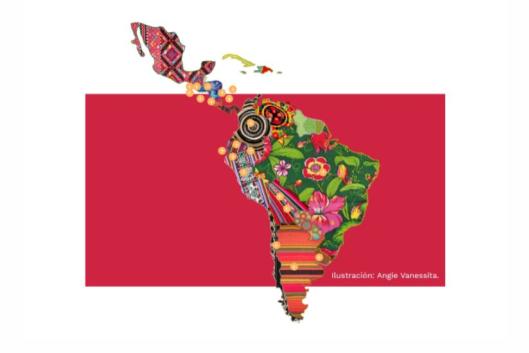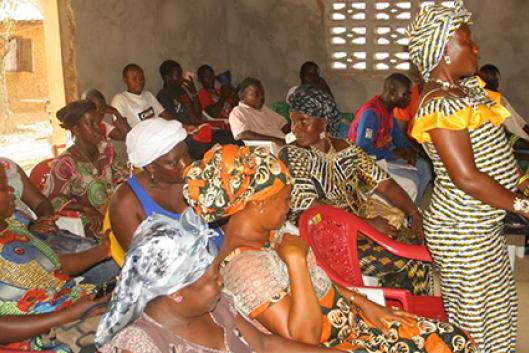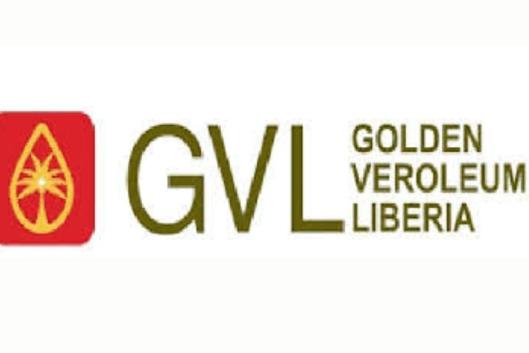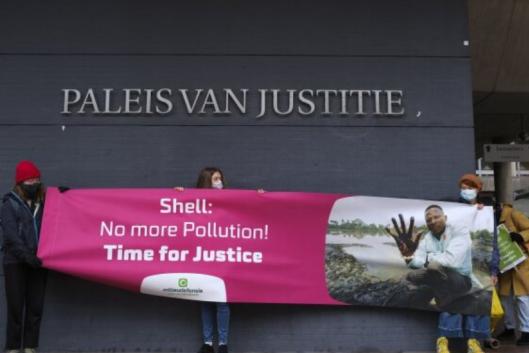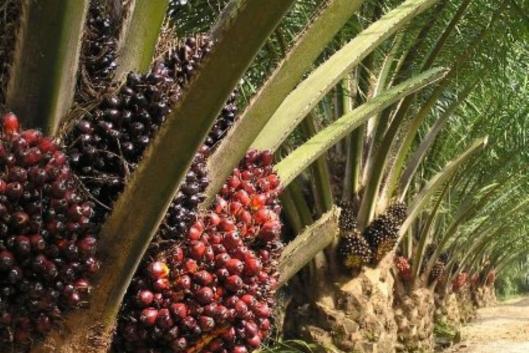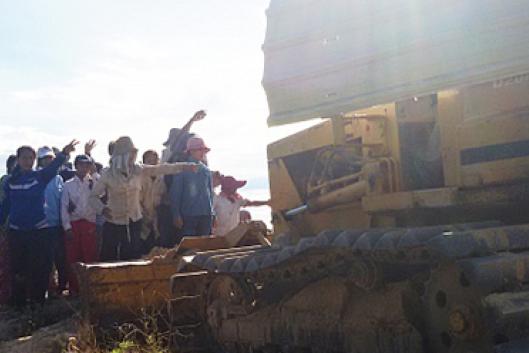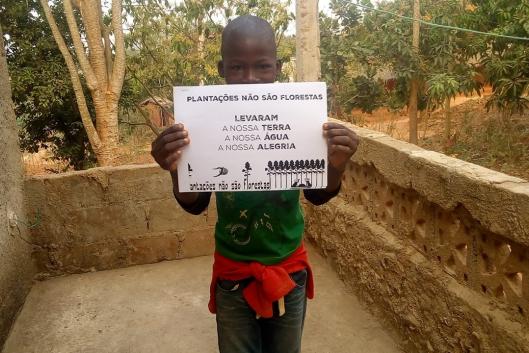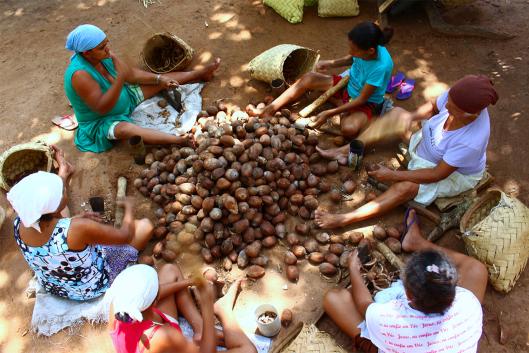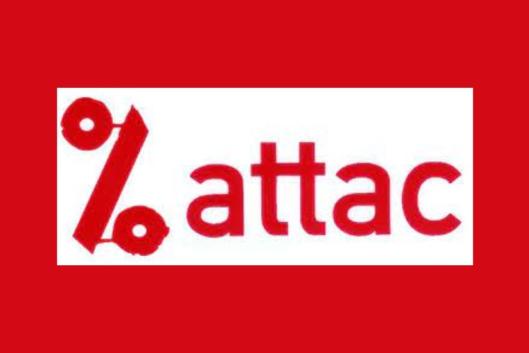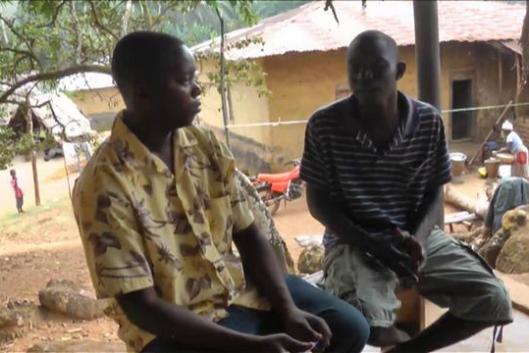International Women’s Day on March 8 is a day to celebrate the achievements made by women in the defence of their rights. It is also a day of struggle, a day to denounce the countless ways in which women’s rights are still being violated all around the world.
Issue 187 – February 2013
OUR VIEWPOINT
WOMEN RESISTING
-
27 February 2013The People’s Summit in Santiago, Chile was held January 25-27 as a parallel event to the summit meeting between the governments of the member countries of the European Union and the Community of Latin American and Caribbean States (CELAC).
-
27 February 2013We are once again approaching March 8, the international day of women’s struggle, on which we, as feminist women, also struggle against the commodification of nature. This commodification is deepened by the expansion of green deserts, which are portrayed as a step in the transition to a so-called Green Economy. This is a process based on false environmental solutions for a system in crisis, but which is, in fact, aimed at creating economic opportunities for the integration of nature into the market.
-
27 February 2013The Philippines has a great variety of minerals, including gold, copper, nickel, chromite, manganese, silver and iron. Mineral extraction increased rapidly after it was liberalized by the Philippine Mining Act of 1995, which gives full rights to foreign transnational mining corporations in indigenous territories, including 100% ownership, repatriation of profit and tax holidays thus violating indigenous peoples’ ancestral land rights. Large-scale mining by foreign firms has become the key to national development for the government of the Philippines, which has put the ancestral domains of indigenouspeoples increasingly under threat of encroachment and has militarized the territories of indigenous communities to force the entrance of large-scaledevelopment projects.
-
27 February 2013On the occasion of International Women’s Day, March 8, the Red de Mujeres Defensoras de los Derechos Sociales y Ambientales (Latin American Network of Women Defenders of Social and Environmental Rights) – made up of women from Argentina, Bolivia, Chile, Colombia, Ecuador, El Salvador, Guatemala, Honduras, Mexico, Peru and Uruguay who represent a wide range of organizations, institutions, collectives and local groups, including environmental and research organizations, women from both the countryside and the city, professional women and others with a basic level of education – has published an open letter on its website (http://www.redlatinoamericanademujeres.org/) addressed to governments and social movements in Latin America.
-
27 February 2013The Garwula District, in Grand Cape Mount County, is one of the areas affected by the 63-year lease agreement signed by the Malaysian giant oil palm producer Sime Darby with the Government of Liberia in 2009. When the company established large scale export-oriented oil palm plantations the livelihoods of the local residents were disrupted, and women have had to cope with many difficulties. The report “Uncertain Futures. The impacts of Sime Darby on communities” (1) produced by the Sustainable Development Institute (SDI) and World Rainforest Movement (WRM) and also quoted in another article of this bulletin, gives a deeper insight in how industrial oil palm plantations affect women in a differentiated way.
COMMUNITIES AND FORESTS
-
27 February 2013The three leading Liberian civil society organizations Sustainable Development Institute (SDI), Save My Future Foundation (SAMFU), and Social Entrepreneurs for Sustainable Development (SESDev) released a statement on January 31, 2013, calling for a review of Liberia’s agricultural policy. Since 2006, the Government of Liberia has entered into binding contracts – known as concession agreements – with three major oil palm producing foreign investors: Sime Darby (Malaysia), Golden Veroleum (Indonesia), and Equatorial Palm Oil (UK). These concessions cover massive tracts of Liberian land; in total, they span nearly two million acres – just under 10 percent of the country’s total land mass.
-
27 February 2013On January 30, a Dutch court ruled that the Anglo-Dutch transnational corporation Shell is responsible for polluting the Niger delta, affecting heavily the lives of people at Ikot Ada Udo in Akwa Ibom State. Shell must clean up the oil pollution, compensate those affected and prevent further leaks from occurring. This case is unique because for the first time a Dutch multinational had to respond in front of a Dutch court for the acts of one of its subsidiaries.
-
27 February 2013On 3 February 2013, at around 4 am, twelve police platoons entered Govindpur and Nuagaon villages in Jagatsinghpur district of Orissa (present Odisha) and started beating up sleeping women & children, injuring many of them seriously, and arresting people at random. They are demolishing the betel vines in the area - the traditional and one of the most viable local livelihoods.
COMMUNITIES AND TREE PLANTATIONS
-
27 February 2013The Singapore based agribusiness giant Wilmar - is expanding its operations in Africa. It already has approximately 50,000 hectares of oil palm plantations in Ivory Coast, Uganda and Ghana. More recently it has expanded to Nigeria going into a joint venture with PZ Cussons to set up huge extensions of oil palm plantations in Cross River State in the south east region of the country while promising the creation of thousands of job opportunities.
-
27 February 2013Tropical rainforests cover 85% of the total land area in Gabon. They are home to an immense diversity of species, on which some 300,000 people depend for their survival, through hunting, gathering, fishing and small farming. The expansion of oil palm and rubber tree plantations and the companies involved Under the “Strategic Plan for an Emerging Gabon” (Plan Stratégique Gabon Emergent, PSGE) of the President, the government aims to foster export agriculture by promoting plantations operated both by private companies and by communities, known as “community plantations”. The Plan specifically mentions two companies that will develop oil palm and rubber tree plantations: Olam and SIAT Gabon.
PEOPLES IN ACTION
-
27 February 2013A community petition on Avaaz.org calls for action against companies that subsidized by a European Union trade scheme, forcibly displace hundreds of thousands of Cambodian farmers from their land. These schemes are intended to benefit poor countries, but in Cambodia they have incentivized companies that steal people's land and make them poorer, while the benefits have flowed primarily to a business and political elite.
-
27 February 2013The organization Fian International - for the right to adequate food, began an action in October 2012 to end on 30 April 2013 in defense of peasant communities in Niassa province in Mozambique who have lost access to land used for food production and to natural forests and thus are facing food insecurity and violations of their right to food due to the establishment of large-scale tree plantations promoted and financed by Sweden.
-
27 February 2013Close to 3,000 members of the Peasant Women’s Movement (MMC), hailing from 23 different states, gathered on February 18-21 for the first national meeting of the organization. The central theme of the gathering was the fight against violence against women. On the morning of the last day, the women filled the plaza in front of the National Congress building in Brasilia with the colour purple and shouted out slogans.
-
27 February 2013Last October, sixteen activists of the climate justice group "No Dash for gas" occupied for a week two chimneys of the EDF West Burton plant to denounce the government's plan to build 40 new gas-fired plants. EDF has announced that it is suing these people for these peaceful civil disobedience action, for 5 million pounds. If the prosecution of EDF is successful, these activists will lose their homes and be forced to repay EDF a significant portion of their wages for decades to come. These 5 million pounds represent only 0.3% of the annual profits of EDF in the UK, which grew by 7.5% in 2012 to reach 1.7 billion pounds.
RECOMMENDED
-
27 February 2013“Live or drive, a choice has to be made”, a case study of Sime Darby operations in Liberia, basta! and Friends of the Earth France, athttp://www.bastamag.net/IMG/pdf/Rap_LiberiaEN.pdf
-
27 February 2013"Land grabbing for biofuels must stop”, a new report from GRAIN athttp://www.grain.org/e/4653
-
27 February 2013"Gentle Treasures: Stories of women against mining", launched in March 2012 by Alyansa Tigil Mina (Alliance to Stop Mining), commemorates the contributions of Filipino women to the struggle against large-scale mining and the promotion of human rights, at http://es.scribd.com/doc/96588780/Gentle-T
-
27 February 2013“Environmental crime: in pursuit of palm oil industry”, video on the business of palm oil in Liberia
